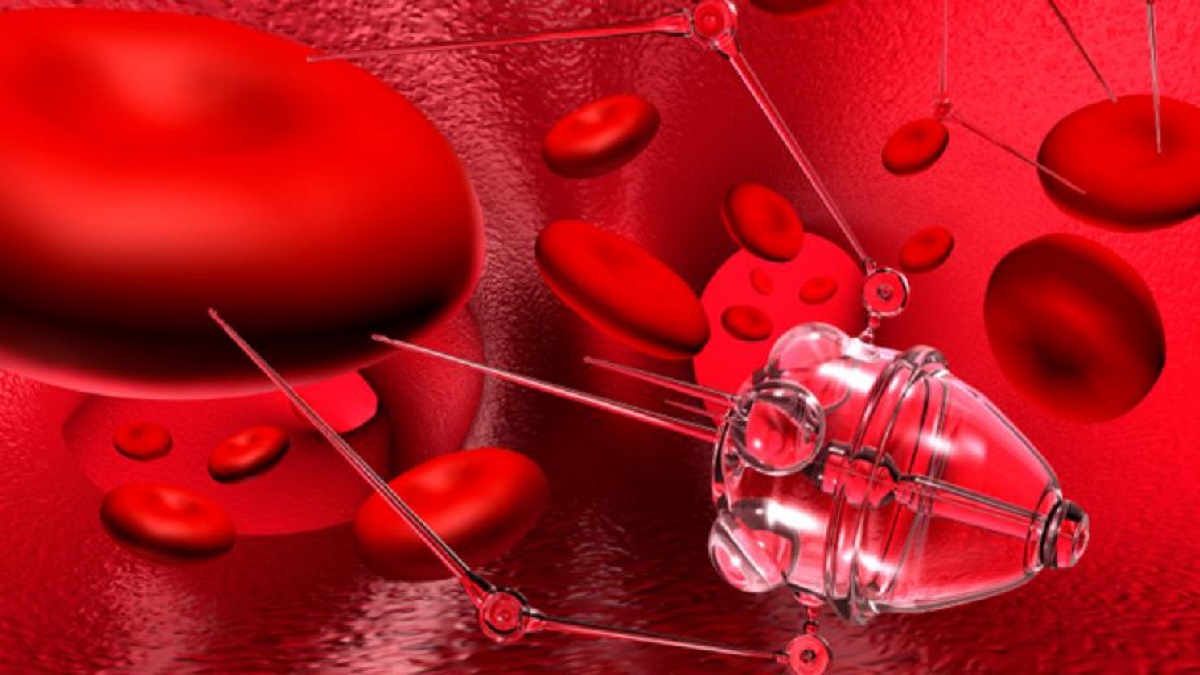China based research team designed a new kind of bio-hybrid microbots that uses smart biological disguises to get closer to the cause of disease in the body so to provide the most targeted treatment.
On Wednesday, a study published in the journal Science Robotics revealed that medicine will soon start parceling and transporting life-saving drugs into the body via tiny, self-propelled microbots. Chinese research team has already designed bio-hybrid microbot that will use biological disguises to know the source of disease in the body. In this way, appropriate treatment will be provided.
The purpose was the treatment of illness epicenters like brain tumors.
Zhiguang Wu, an author on the study and a professor at the Harbin Institute of Technology focusing on nanotechnology said that the new microbots can overcome difficulties that have hindered many more conventional lines of medical treatment.
“Such passive diffusion suffers from the long diffusion time, ineffectiveness, and block of biological barriers, which could result in strong side effects,” Wu told Inverse. “The swimming micro/nanorobots, able to navigate into hard-to-reach tissues utilizing their active propulsion, hold considerable expectations for loading various drugs and actively swim toward the diseased sites for targeted drug transportation.”
Read More: Pakistan fifth among 30 TB high-risk countries
Moreover, by using the Trojan Horse approach, the team disguised their drug delivery microbot as a white blood cell in order to sneak by the blood-brain barrier of the body. This new development is highly significant for cancer treatment due to the reason that it comes to fighting off cancer. Drug treatment is difficult in a delicate location in the brain and can be difficult removing the tumor that require dangerous brain surgery.
Usually, only 90 percent of the tumor can actually be removed.
Using self-propelled, drug-delivering microbots like these could make a way for scientists to get even closer and personal when treating tumors than pills or injections have formerly allowed, all while being slightly invasive.





















